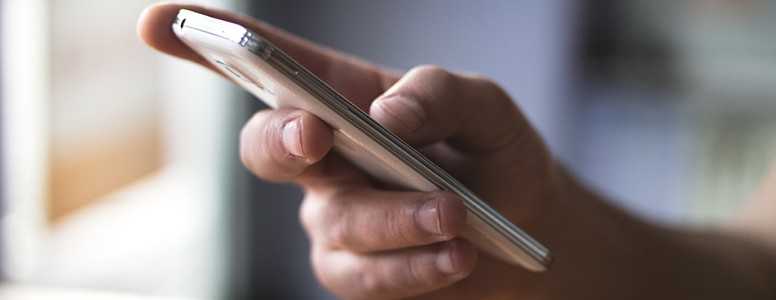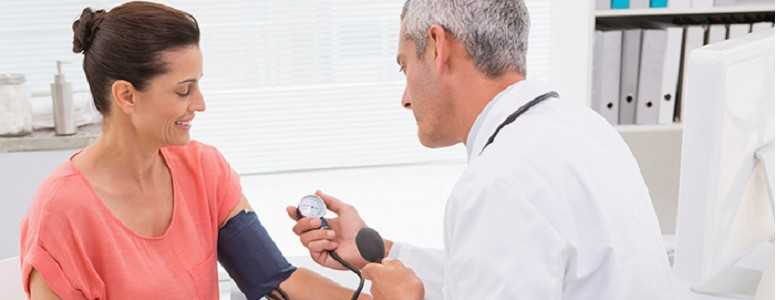An innovative clinical trial in the US has received funding from the National Institutes of Health (NIH) to improve type 2 diabetes management.
The trial, known as Dulce Digital-Me, is a project from the Scripps Whittier Diabetes Institute, based in San Diego.
The institute has been awarded a five-year $2.9 million grant (£2.3m) to fund the trial in partnership with the University of California San Diego Department of Family Medicine and Public Health.
The project will involve 414 Hispanic participants of low socioeconomic status with poorly controlled type 2 diabetes, all of whom will use wireless devices to track their blood glucose levels and medication during a six-month period.
The participants will be split into two groups: the first will receive personalised text messages encouraging good nutritional habits, physical activity and prompts to test blood sugar levels; the second will receive standard, one-size-fits-all messages.
Scripps research will evaluate HbA1c, LDL cholesterol and systolic blood pressure to assess if personalised messaging leads to better results.
“Our success attracting financial support from the NIH clearly demonstrates the value of the research we are doing to better understand and treat a disease that is rising in epidemic proportions,” said Athena Philis-Tsimikas, M.D., corporate vice president for the Scripps Whittier Diabetes Institute.
Texting was chosen as part of this project – rather than an app or some other type of smartphone-based platform – because several studies have demonstrated its success in communicating health messages to patients.
“This may be because of the ubiquitous use of texting in both low and high socio-economic status communities, and the simpler and direct nature of this approach. It’s also low cost, which makes it easier to replicate,” said Dr. Tsimikas.
Earlier this year, an Israeli study found that personalised text messages could improve adherence to exercise among patients with type 2 diabetes.
What's new on the forum? ⭐️
Get our free newsletters
Stay up to date with the latest news, research and breakthroughs.




